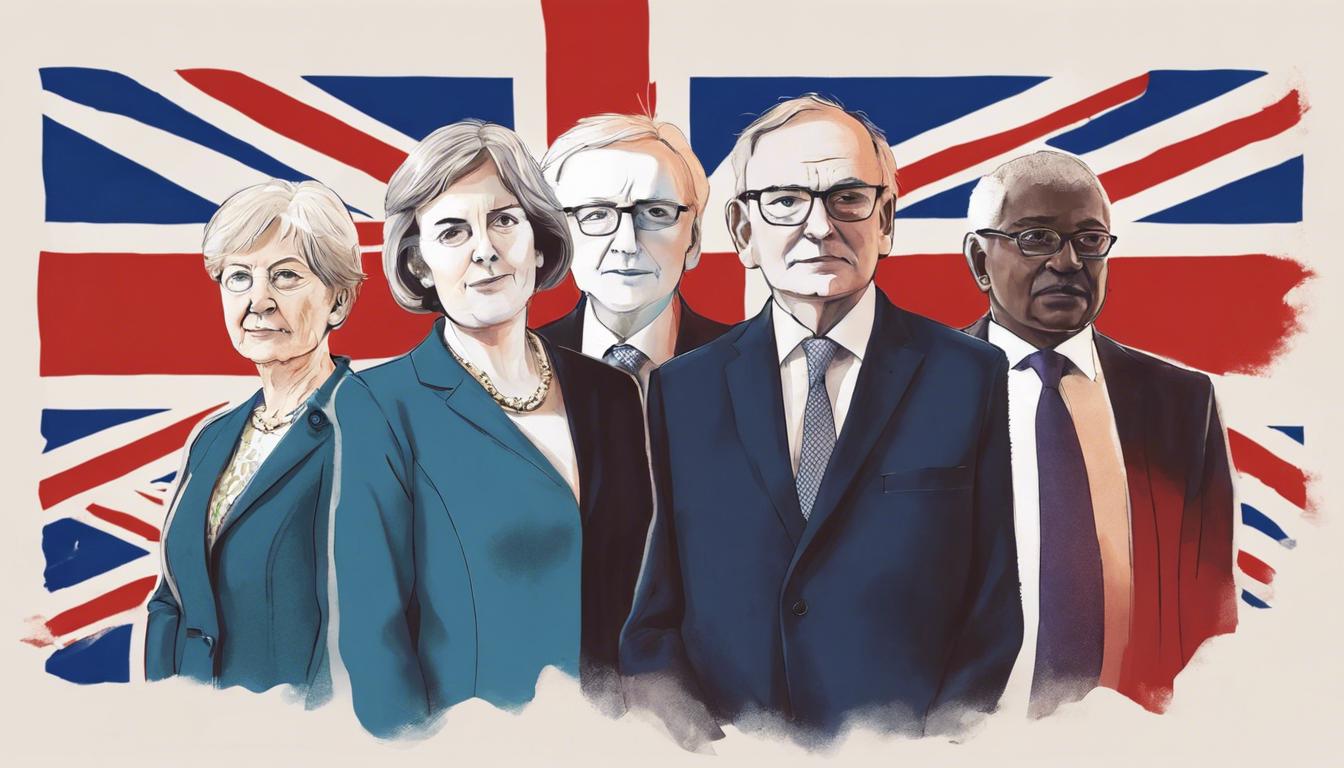Three ex-home secretaries, Dame Priti Patel, Sir Sajid Javid, and Amber Rudd, alongside counter-terrorism experts, call for bipartisan action to address the threat of extremism, coinciding with a new governmental definition and amid concerns over funding cuts to the UK’s Prevent programme.
Three former UK Home Secretaries, Dame Priti Patel, Sir Sajid Javid, and Amber Rudd, have initiated a call for unity across political lines to combat extremism, amidst a backdrop of increasing concerns and upcoming new governmental measures. Joined by a group of experts in counter-terrorism, including Neil Basu and General Lord Dannatt, they emphasize the importance of a consensus approach to address threats from extremist groups. This call for unity coincides with Communities Secretary Michael Gove’s impending announcement of a new government definition of extremism, aimed at individuals or groups seeking to undermine Britain’s democratic system.
The appeal for bipartisan action is further supported by former Labour MP Lord Mann, Lord Walney, and Brendan Cox, co-founder of Survivors Against Terror. They highlight the critical need for political parties to work together and refrain from using the issue of extremism as a tool for political advantage. Over 50 victims of Islamist terror attacks, including Rebecca Rigby and Justine Merton-Scott, have also signed a letter calling for an end to anti-Muslim hatred and underlining the dangers of conflating Islam with extremism.
The initiative comes at a time when the UK’s Prevent counter-extremism programme is facing significant funding cuts, with its budget expected to decrease by half to around £2m by April 2025. This reduction in funding raises concerns about the programme’s effectiveness in countering radicalisation, especially in London, where a considerable number of terror investigations take place.
The former home secretaries’ warning against politicizing extremism and Gove’s controversial anti-extremism plan reveal the complexities and challenges in striking a balance between safeguarding free speech and fostering community cohesion. As the government and political parties navigate these issues, the call for unity signifies a recognition of the enduring threat posed by various forms of extremism and the collective effort required to address it.
